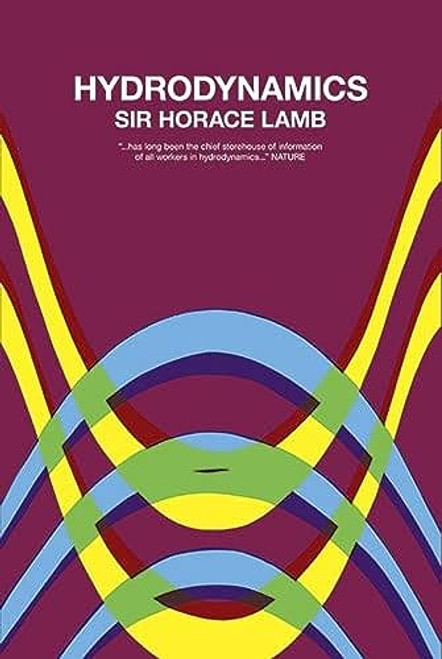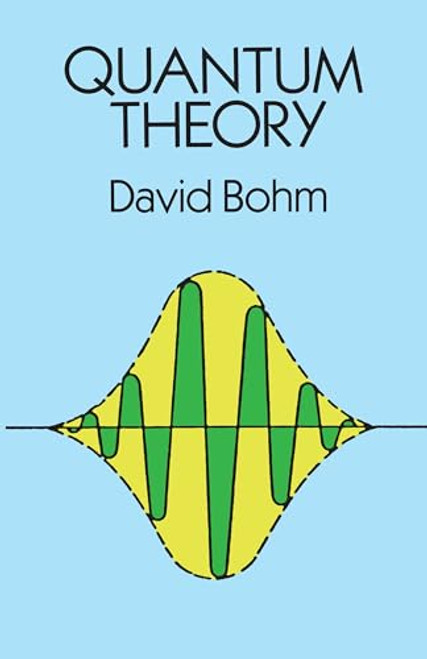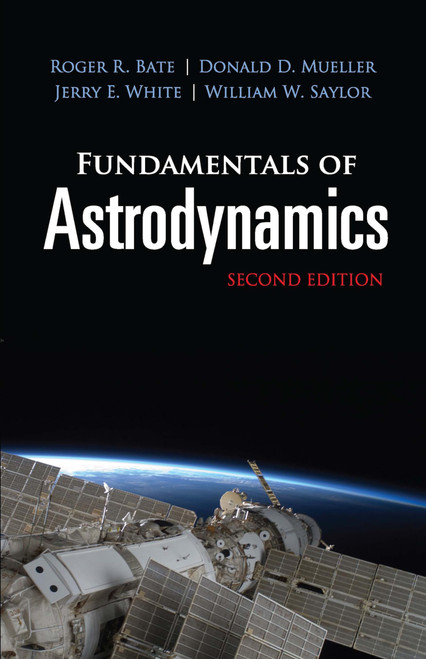Light scattering has provided an important method for characterizing macro-molecules for at least three decades. Now, through the use of intense, coherent laser light and efficient spectrum analyzers and autocorrelators, experiments in the frequency and time domains can be used to study molecular motion, e.g. diffusion and flow and other dynamic processes, as well as the equilibrium properties of solutions. As a result, laser light scattering has become a powerful form of spectroscopy with applications in physics, biochemistry, and other fields.
This volume, which employs a relatively simple approach in order to reach the widest audience, focuses on two main topics: classical light scattering (scattering intensity, concentration dependence, size dependence, and polydispersity) and dynamic light scattering (time and frequency dependence, translational diffusion, directed flow, rotational motion, and more). A series of useful appendixes and a list of references complete this concise, accessible work, a valuable resource for physicists, chemists, and anyone interested in the increasingly important field of laser light scattering.
This volume, which employs a relatively simple approach in order to reach the widest audience, focuses on two main topics: classical light scattering (scattering intensity, concentration dependence, size dependence, and polydispersity) and dynamic light scattering (time and frequency dependence, translational diffusion, directed flow, rotational motion, and more). A series of useful appendixes and a list of references complete this concise, accessible work, a valuable resource for physicists, chemists, and anyone interested in the increasingly important field of laser light scattering.












